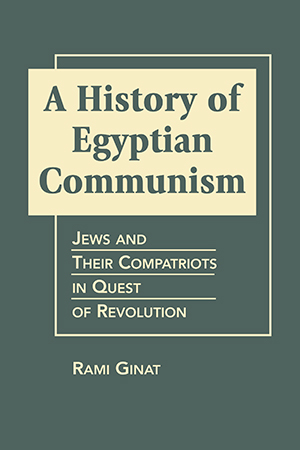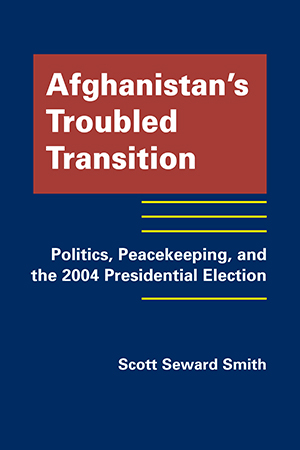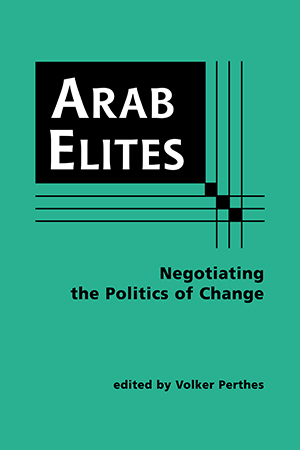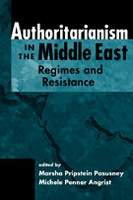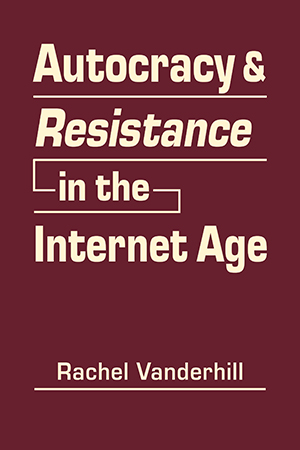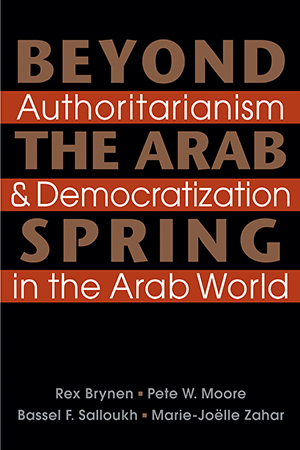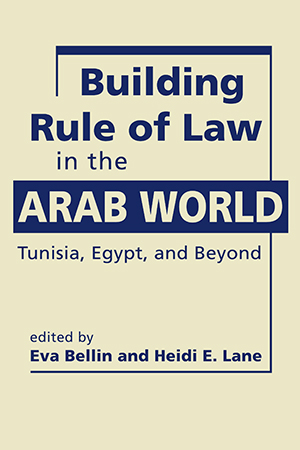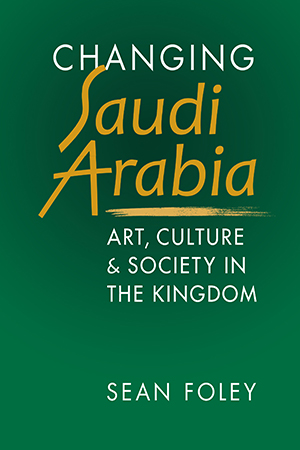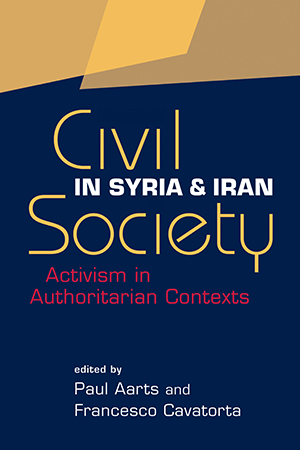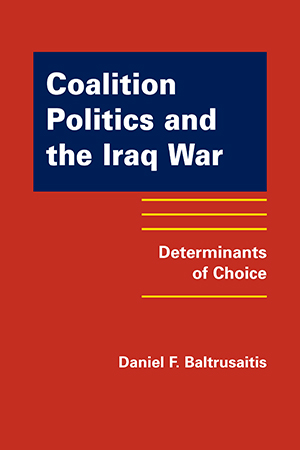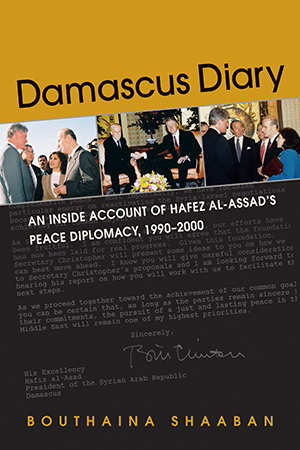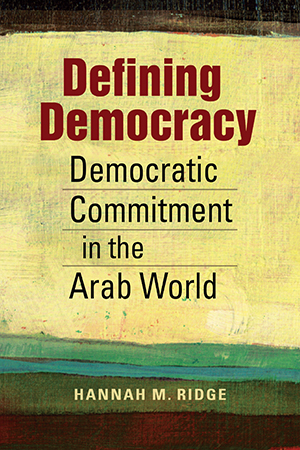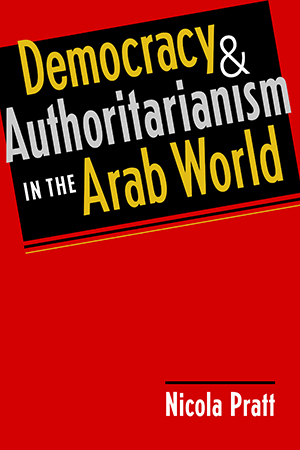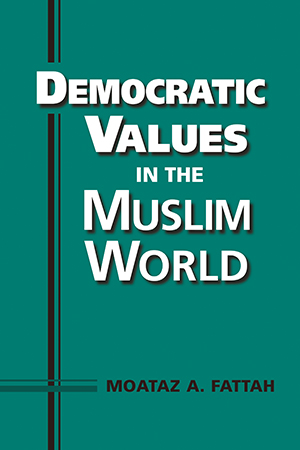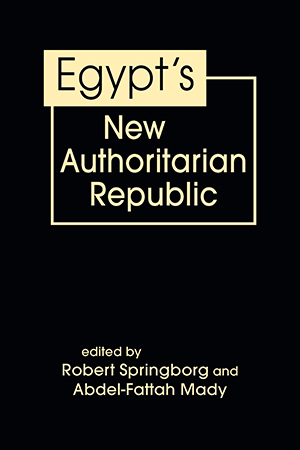Middle East Politics
Rami Ginat offers an entirely new reading of the evolution of communism in Egypt, including the central role of Egyptian Jews in both its development and its impact on Egypt and the wider More >
Scott Seward Smith focuses on Afghanistan's 2004 presidential election—the first popular election ever held there—as he explores the painstaking attempt by the United Nations More >
The recent deaths of four long-term heads of state in the Arab world heralded important changes, as political power passed from one generation to the next. Shedding light on these changes, More >
Why do authoritarian regimes prevail in the Middle East, while successful democratic transitions are occurring elsewhere in the developing world? Authoritarianism in the Middle East More >
How do autocratic governments exploit communication technology in their efforts to maintain power? Can prodemocracy activists successfully use that same technology to support the overthrow More >
For years the authoritarian regimes of the Arab world displayed remarkable persistence. Then, beginning in December 2010, much of the region underwent rapid and remarkable political More >
How might Arab countries build the foundations for rule of law in the wake of prolonged authoritarian rule? What specific challenges do they confront? Are there insights to be gained from More >
T. E. Lawrence once observed that Saudi Arabia had "so little art" that it could "be said to have no art at all." Whether that was once the case is arguable. But that it More >
What are the dynamics of civic activism in authoritarian regimes? How do new social actors—many of them informal, "below the radar" groups—interact with these regimes? More >
Why do states join ad hoc military coalitions? What motivated South Korea to contribute significantly to the Iraq War "coalition of the willing," while such steadfast allies as More >
Bouthaina Shaaban worked closely with Syria's president Hafez al-Assad from 1990 until the time of his death, serving as both official interpreter and adviser. Her new book, part memoir More >
The Middle East and North Africa comprise by all measures one of the least democratic regions in the world. At the same time, decades of research show robust support for democracy among MENA More >
What explains the enduring rule of authoritarian regimes in the Arab world? Nicola Pratt offers an innovative approach to this recurring question, shedding light on the failure of More >
Is Islam compatible with democracy? Despite the seemingly endless debate on this issue, Moataz Fattah's study is a rare investigation of actual Muslim beliefs about democracy across More >
Egyptian President Abd al Fattah el-Sisi has sought to create a "New Republic," a stronger, more authoritarian state capable of positively transforming Egypt's polity, economy, More >


